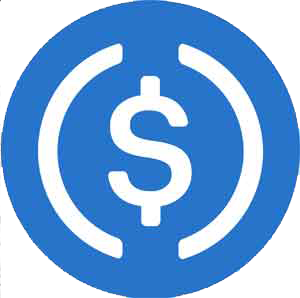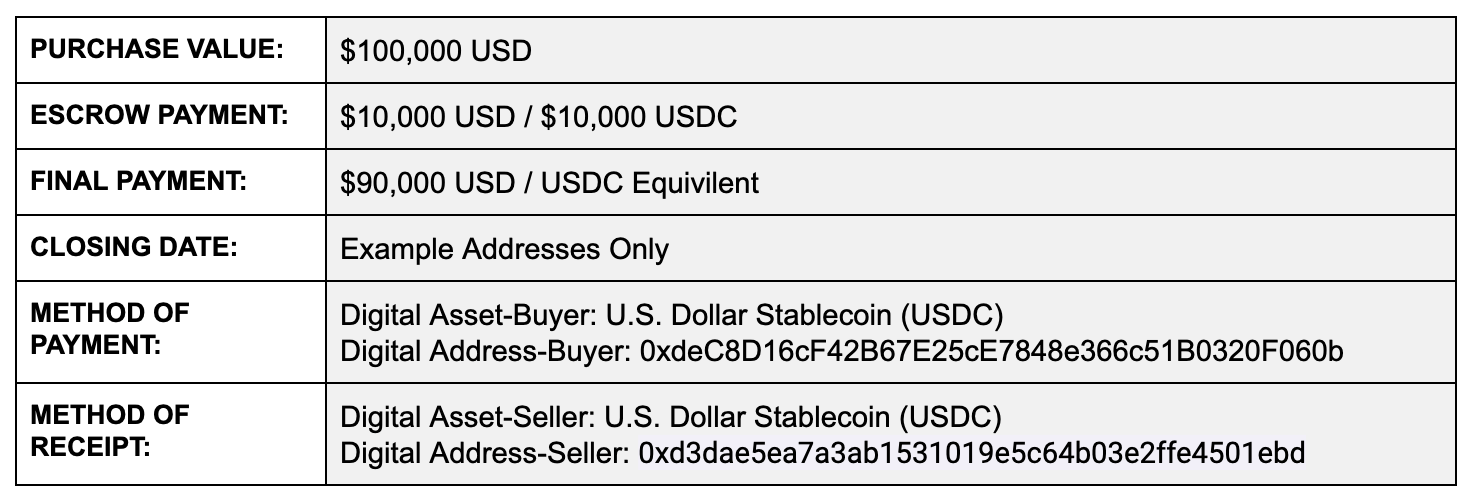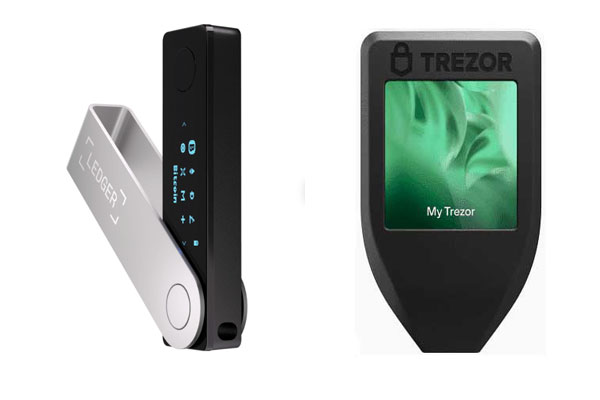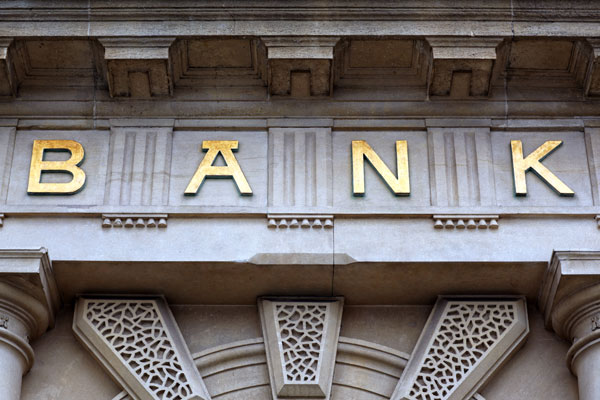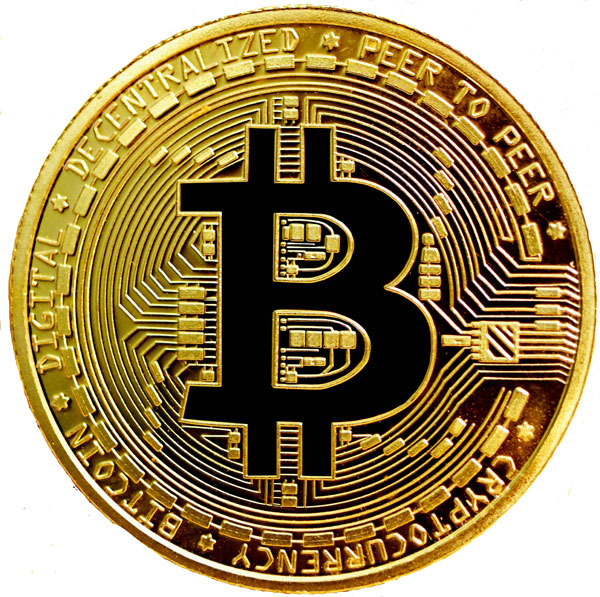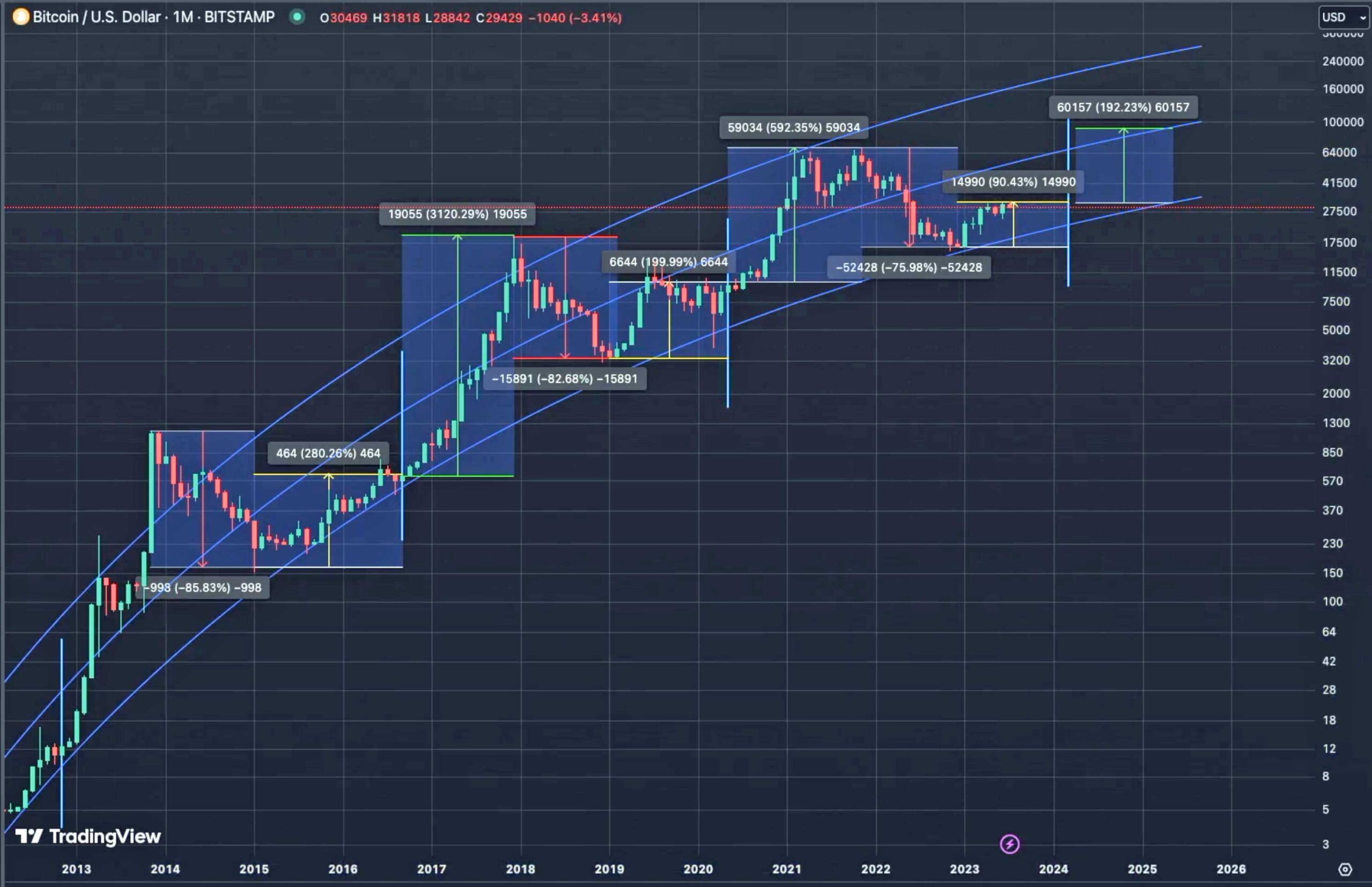Cryptocurrency transfer Options
When accepting Cryptocurrency for real estate transactions, there are different options for transferring the digital assets from the buyer to the seller’s sales representative.These include:
- Cryptocurrency Exchange
- Peer-to-Peer Cold Wallet
- Conversion to Local Currency
- Converting Stablecoin to Bitcoin
